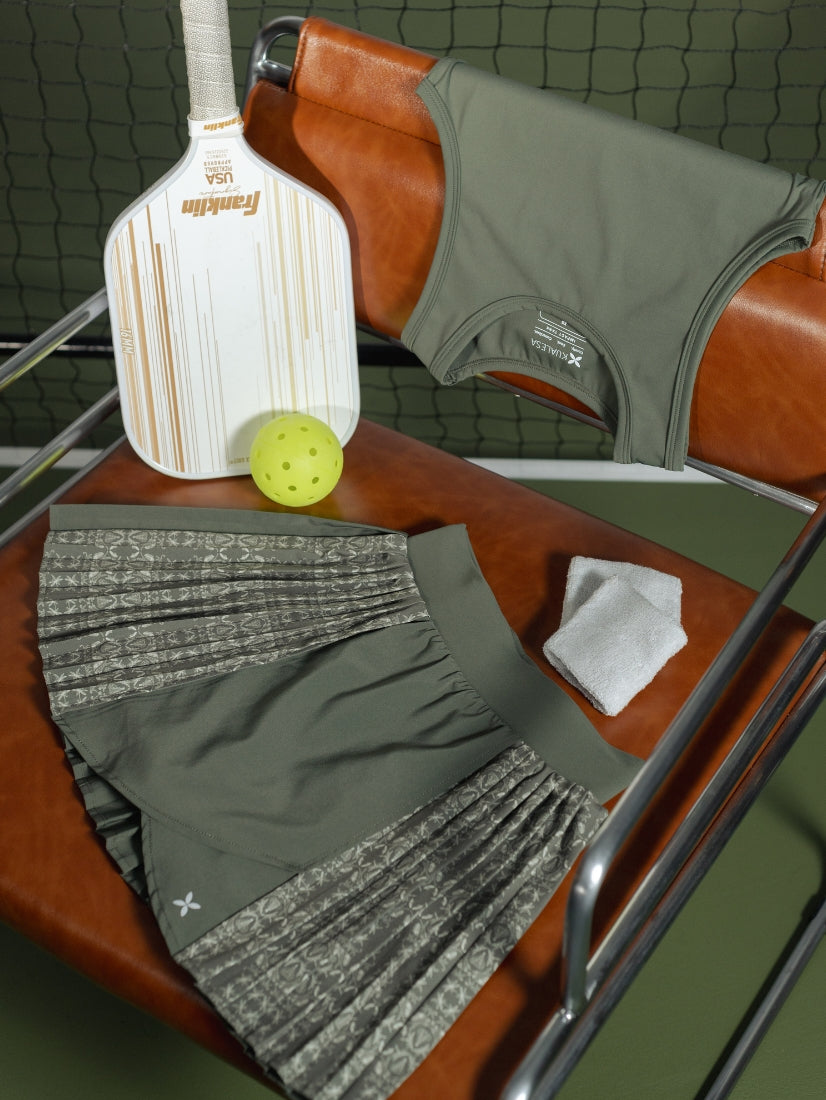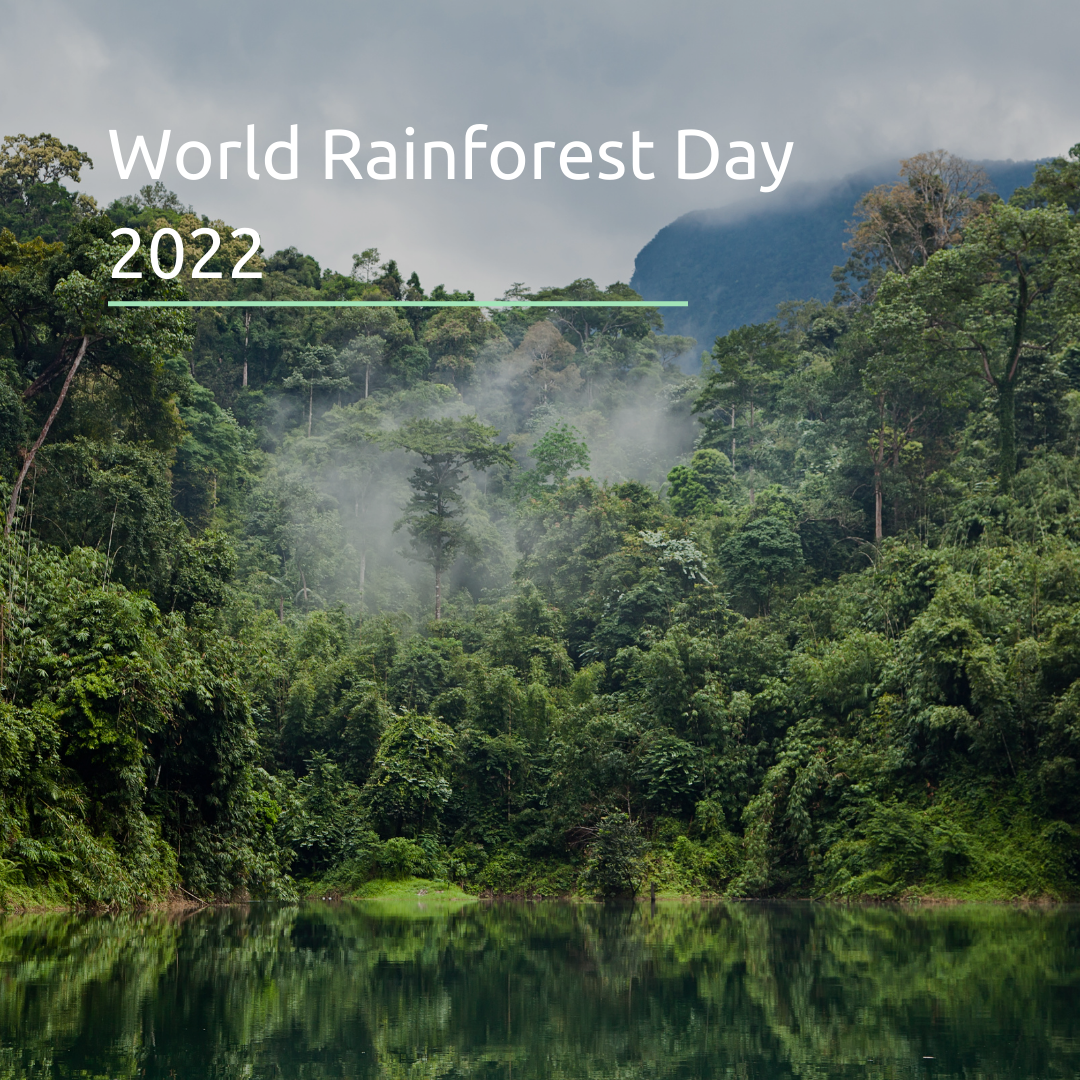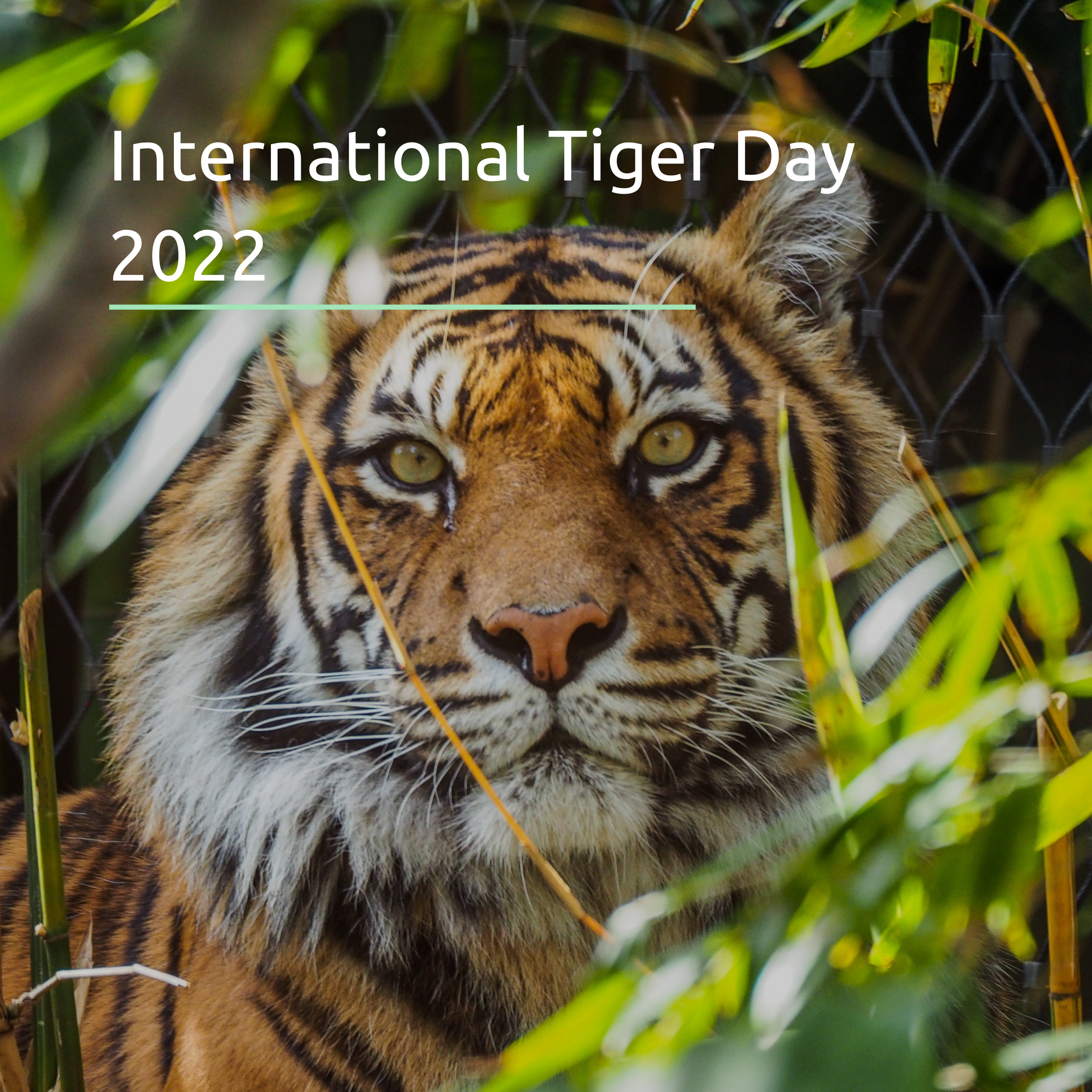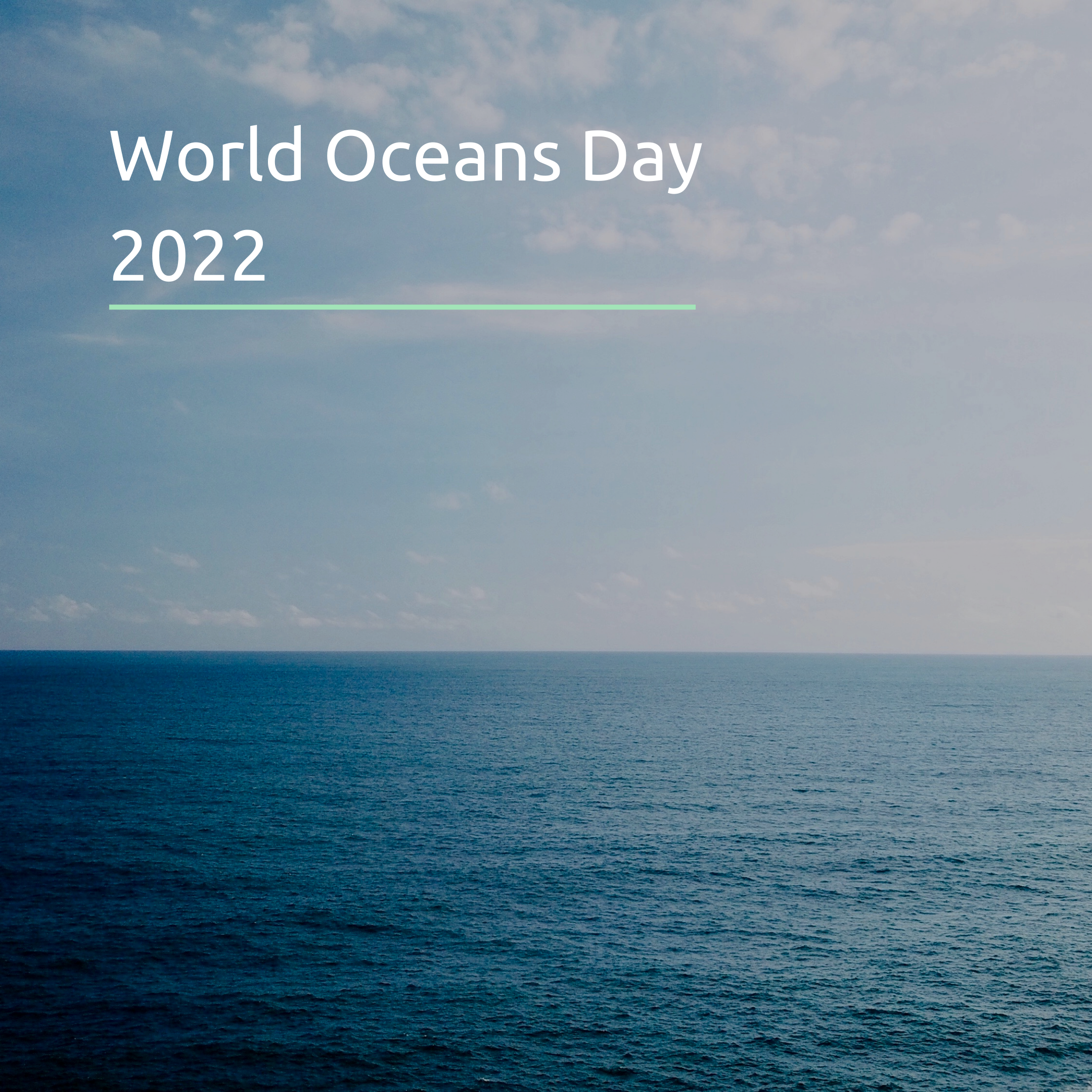22nd June marks World Rainforest Day. It's a unique day for us all, aimed at promoting awareness and inspiring action to protect our rainforests. The first of its kind was launched in 2017, by the Rainforest Partnership - who do amazing work mostly in South America.
This year's theme is "The Time is Now" - driving multiple initiatives dedicated to the preservation of rainforests and their biodiversity. You can find out more about these initiatives, and find out how you can tune in to the annual Summit, here.
Countries in Southeast Asia suffer from significant loss of rainforests
Rainforests are being destroyed at a rate of 8 million hectares per year.
Research by University of Maryland show that Indonesia, Malaysia, Brazil and the Democratic Republic of Congo had the highest rates of rainforest loss between 2012 and 2014. Between 2002 and 2019, Malaysia lost 726,000 hectares of rainforest.
Alarming stats.
Rainforests provide unique and largely untapped natural resources
Rainforests are home to an immense range of species, who depend on the environment for their survival. More than 25% of the world's human population rely on forest resources for our livelihood. However, we have limited knowledge as to the benefits the rainforest holds for new medicines and therapies. The International Journal of Oncology states that more than 60% of anti-cancer drugs originate from natural sources, including rainforest plants.
At Kualesa, we're focused on getting the word out and doing our part
We're conscious that this is a significant issue, that threatens our livelihoods. That's why we've introduced our replanting initiative. For every order you make, we plant a tree in the Malaysian rainforest. To better inform the process, we're partnered up with expert conservationists of regional renown, who have guided us on reinvigorating the biodiversity in our chosen area in Kuala Tahan, Malaysia.
With your help, we can be more mindful of the damage, and work together to preserve our rainforests.
Thanks to these resources, you can also dig a bit deeper:












